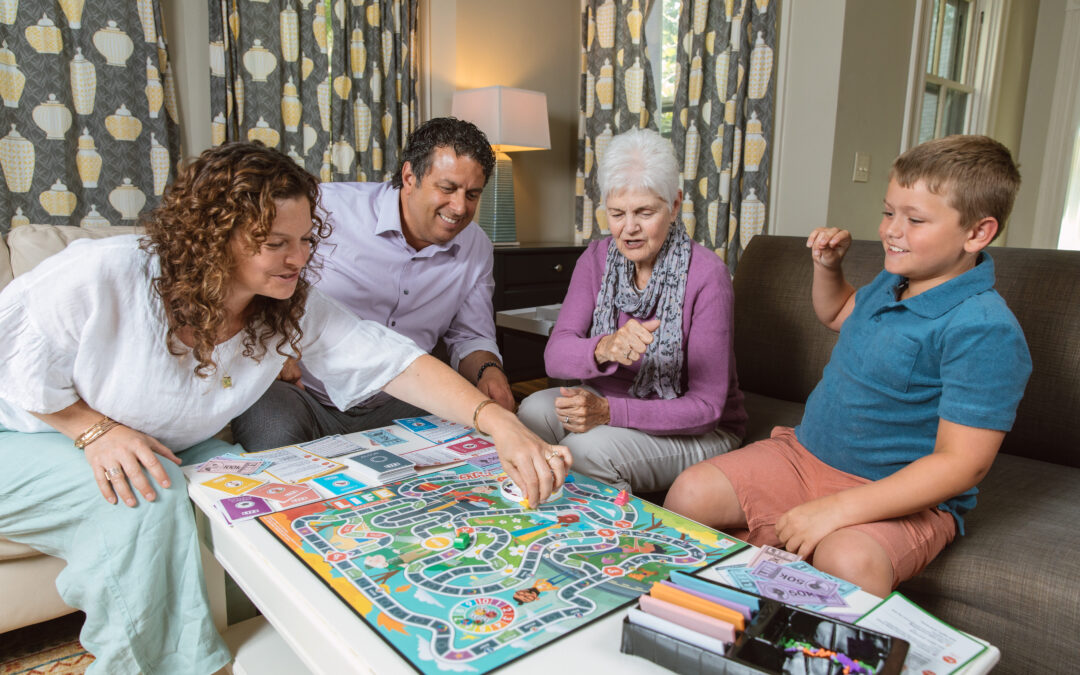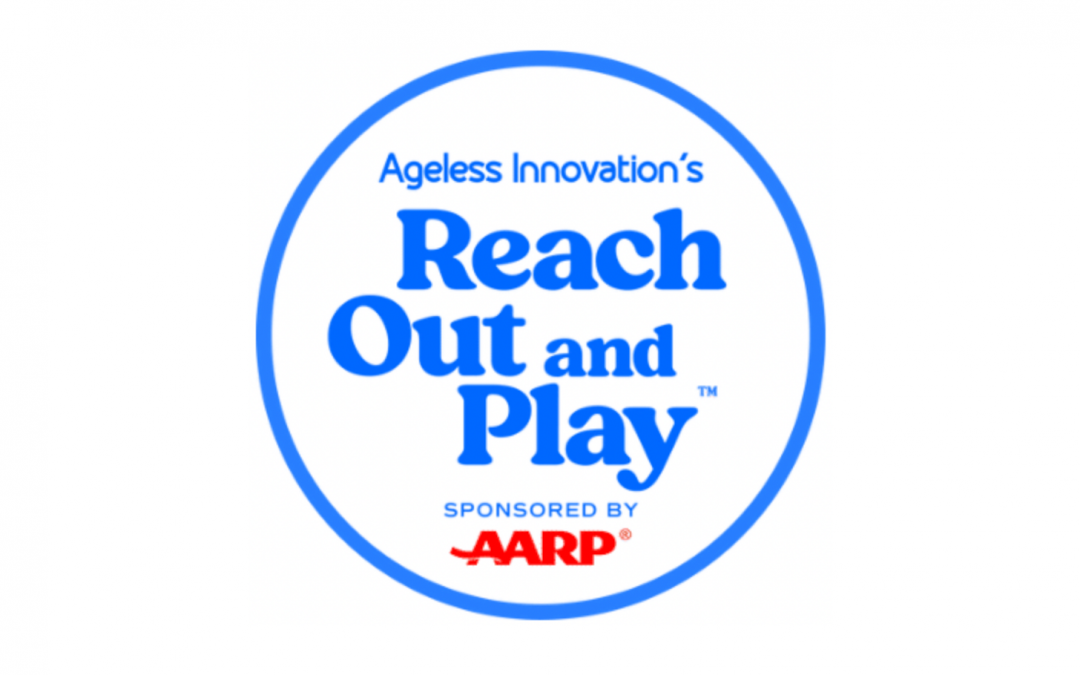
5 Trends to Watch at This Year’s Toy Fair
A glimpse into our crystal ball reveals what will be tops in toys at this year’s show.
Yahtzee Slots from Ageless Innovation brings a casino vibe to the classic dice game with a tabletop slot machine and oversized score sheets.




